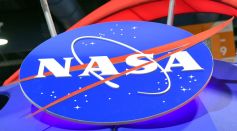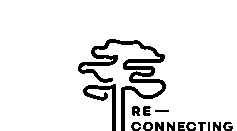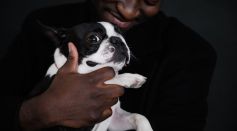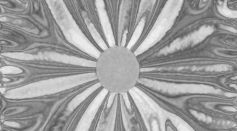TECH & INNOVATION

Spinoff 2022: NASA Showcases Stories of Innovations That Address Challenges and Improves Life on Earth

TopGum Triples Capacity with $30M Investment in New Plant

Upcycled Reusable Adhesives Could Be the Toughest Material Known to Science

3D Face Reconstruction of Mysterious Egyptian Mummy 'Shep-en-Isis' Who Died 2,600 Years Ago Revealed

Artificial Wombs Wanted: Elon Musk, Vitalik Buterin, Other Crypto Geeks Discuss Population Collapse and Ways of Easing Burden of Pregnancy

Smartphone App Developed for Parents of Premature Babies to Make Caring for the Newborns Easier

Useless Plant Part Found as Effective Biomass Source for Creating Sustainable Materials

Elon Musk is Looking for a Neuralink Clinical Trial Director; Does It Mean It Has A Toxic Work Environment?

New Startup in Partnership with Auburn University is Disrupting Science Career Certifications

The Finnish Science Based Uute Scientific Oy Completed a Financing Round of 1.2 Million Euros

Living Membranes in Kombucha Cultures Could Prevent Water Filters From Clogging, Study Says

Tesla Model 3, Y Warning: Canadian Owners Complain About Failed Heat Pump

Men Using Photos of Children, Dogs, Other Pets in their Profile Seek Long-Term Partners

Groundbreaking Research Produces Record Levels of Strain in Single-Crystal Silicon, Which Could Lead to Phones with Smoke Detector Technology
Most Popular

Blood Moon to Appear During Total Lunar Eclipse on March 3, 2026

New Fast-Track Space Mission Plan Using Solar 'Slingshot' Maneuvers to Chase Interstellar Comet 3I/ATLAS Under Consideration

Massive Black Hole Defies Universe Rules, Growing 13 Times Faster Than the Cosmic Speed Limit

Scientists Discover New Spinosaurus Species with Blade-Shaped Head Crest in the Sahara Desert





